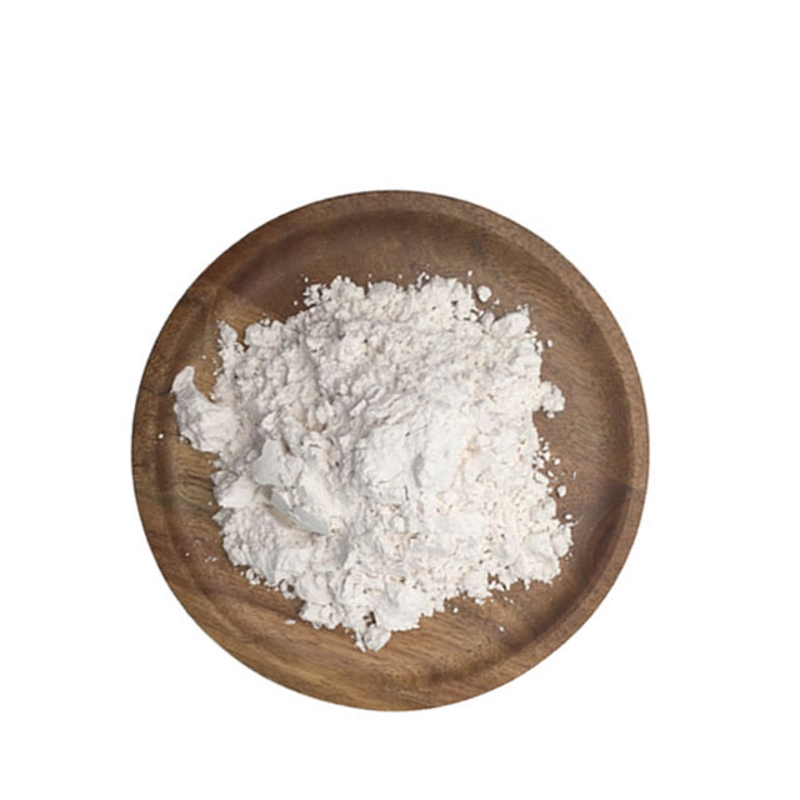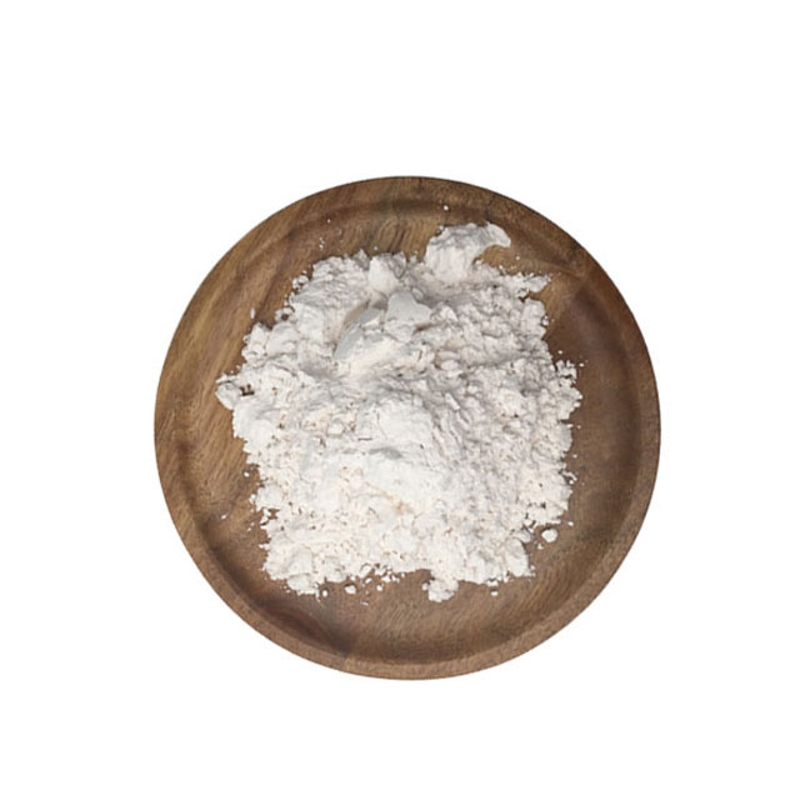-
Categories
-
Pharmaceutical Intermediates
-
Active Pharmaceutical Ingredients
-
Food Additives
- Industrial Coatings
- Agrochemicals
- Dyes and Pigments
- Surfactant
- Flavors and Fragrances
- Chemical Reagents
- Catalyst and Auxiliary
- Natural Products
- Inorganic Chemistry
-
Organic Chemistry
-
Biochemical Engineering
- Analytical Chemistry
- Cosmetic Ingredient
-
Pharmaceutical Intermediates
Promotion
ECHEMI Mall
Wholesale
Weekly Price
Exhibition
News
-
Trade Service
The optimal target blood pressure (BP) prior to acute ischemic stroke infusion therapy (EVT) is not yet clear.
recently published a study in the authoritative journal Stroke on Cardiovascular Disease, in which researchers assessed the relationship between admitted BP and clinical outcomes and successful refilling after EVT.
researchers used data from the Dutch Registry of Multi-Center Randomized Controlled Trials (MR CLEAN) for In-Vascular Therapy for Acute Ischemic Stroke, an observational, forward-looking national cohort study conducted in the Netherlands on ischemic stroke patients treated with EVT.
baseline systolic pressure (SBP) and thread pressure (DBP) were recorded when they were admitted to the hospital.
the study's main outcome was to improve the Rankin scale score at 90 days.
outcomes of the study included successful refilling (expanded cerebral infarction thrombosis score of 2B-3), symptomatic intracranial bleeding, and a 90-day mortality rate.
and linear regression are used to evaluate the relationship between SBP and DBP and prognostication.
researchers assessed whether there was a nonlinear relationship between BP and the outcome.
the parameter estimate is calculated for every 10 mmHg increased or lowered blood pressure.
researchers included 3,180 patients who received EVT treatment between March 2014 and November 2017.
J-type relationship between hospitalization SBP and DBP and 90-day improved Rankin scale scores and mortality, with inflection points of about 150 and 81mmHg, respectively.
SBP elevation above 150mmHg is associated with adverse functional outcomes (adjusted ratio of 1.09 (95% CI is 1.04-1.15)) and 90-day mortality (adjusted ratio of 1.09 (95% CI is 1.03-1.16).
A linear relationship, higher SBP is associated with a lower probability of successful refilling (adjusted ratio of 0.97 (95% CI is 0.94-0.99)) and symptomatic intracranial hemorrhage (adjusted ratio of 1.06 (95% CI is 0.99-1.13).
for DBP, the results are broadly similar.
, it can be seen that in patients with acute ischemic stroke treated with EVT, higher hospitalization BP was associated with a lower likelihood of successful refilling and poor clinical outcomes.
further research is needed to investigate whether these patients can benefit from the previous pressure reduction of EVT.
.







